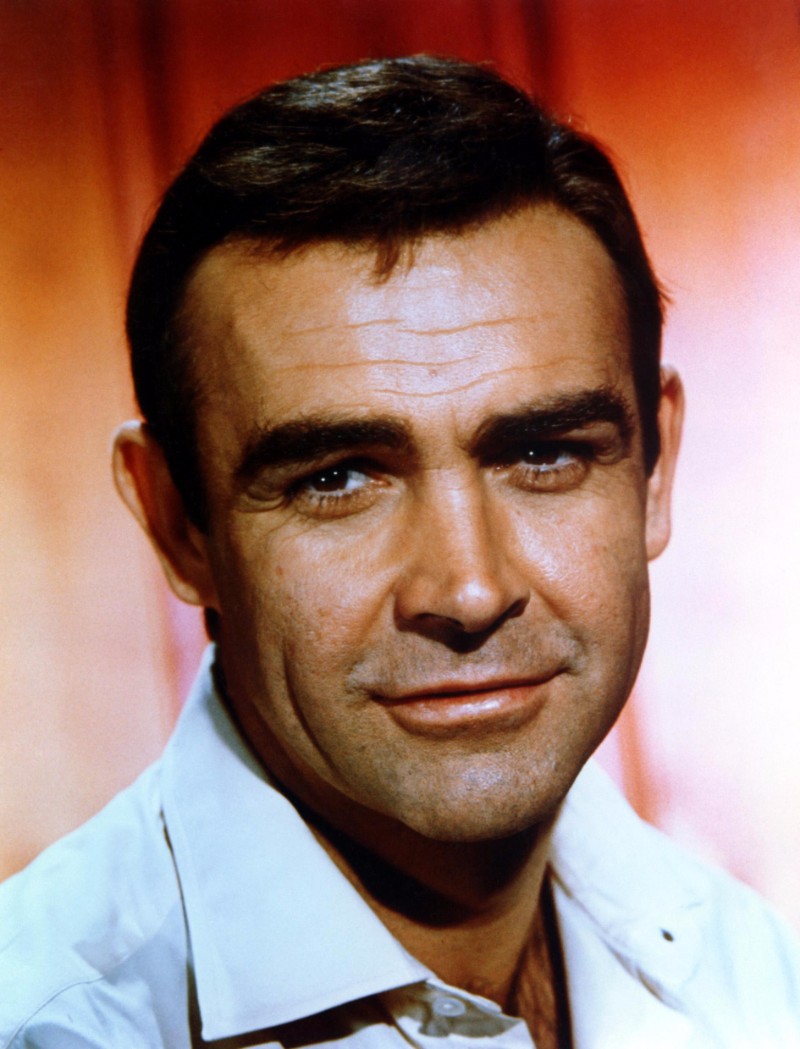Iconic Stars Of The Silver Screen: A Dive Into 1960s Actors
The 1960s was a transformative decade for cinema, giving rise to an array of talented actors who left an indelible mark on the film industry. With their charisma, talent, and unique styles, many of these stars became iconic figures, not just for their roles on screen but also for their influence on culture and society at large. The films of this era reflected the changing times, and the actors who brought these stories to life were at the forefront of this cinematic evolution.
From the glamour of Hollywood to the burgeoning independent film scene, the 1960s actors captivated audiences worldwide. They took on roles that challenged social norms, explored complex themes, and pushed the boundaries of traditional storytelling. As the decade progressed, these actors became not just entertainers but also symbols of the changing cultural landscape.
In this article, we will explore the lives, careers, and legacies of some of the most influential 1960s actors. Through their journeys, we will uncover what made them stand out in a crowded field and how their contributions to cinema continue to resonate today.
What Influenced the Rise of 1960s Actors?
The 1960s was a period marked by significant cultural and social upheaval. The civil rights movement, the Vietnam War, and a wave of counterculture movements all played a role in shaping the film industry. Many actors of the time not only reflected these changes but also actively participated in advocating for social justice through their work.
Who Were the Most Notable 1960s Actors?
During the 1960s, several actors emerged as household names, each bringing their unique flair to the silver screen. Here are some of the most notable 1960s actors:
- Paul Newman
- Elizabeth Taylor
- Robert Redford
- Jane Fonda
- Jack Lemmon
- Audrey Hepburn
- Steve McQueen
- Dustin Hoffman
What Were the Signature Roles of 1960s Actors?
Many actors of this era are remembered for their iconic roles. For example, Paul Newman starred in "Cool Hand Luke," which showcased his brooding charm. Similarly, Elizabeth Taylor's performance in "Who's Afraid of Virginia Woolf?" offered a raw and powerful depiction of marriage and disillusionment.
How Did 1960s Actors Impact Popular Culture?
The influence of 1960s actors extended beyond the realm of cinema; they became cultural icons. Their fashion, speeches, and public personas shaped the tastes and attitudes of the younger generation. For instance, the stylish allure of Audrey Hepburn in films like "Breakfast at Tiffany's" set trends that are still celebrated today.
What Personal Struggles Did 1960s Actors Face?
Despite their fame, many 1960s actors faced personal struggles, including addiction, mental health issues, and the pressures of public life. These challenges often informed their performances, adding depth to their portrayals. Understanding their struggles provides a more nuanced view of their contributions to film and society.
What Legacy Did 1960s Actors Leave Behind?
The legacy of 1960s actors is profound, influencing generations of performers and filmmakers alike. Their commitment to their craft and willingness to tackle difficult subjects paved the way for future artists. Today, many of their films remain classics, serving as a reminder of the power of storytelling in reflecting and shaping societal values.
Biographical Snapshot: Paul Newman
One of the most celebrated 1960s actors is Paul Newman, whose career spanned decades and genres. Here is a brief overview of his life and achievements:
| Personal Details | Information |
|---|---|
| Name | Paul Leonard Newman |
| Date of Birth | January 26, 1925 |
| Place of Birth | Shaker Heights, Ohio, USA |
| Notable Films | Cool Hand Luke, Butch Cassidy and the Sundance Kid, The Verdict |
| Awards | Academy Awards, BAFTA Awards, Golden Globe Awards |
| Date of Death | September 26, 2008 |
What Were Paul Newman’s Major Contributions to Cinema?
Paul Newman's contributions to cinema are significant. He was not only a talented actor but also a director and philanthropist. His films often explored complex characters and moral dilemmas, making viewers reflect on broader societal issues. Newman's commitment to social causes, particularly through his food company, Newman’s Own, which donates all profits to charity, further solidified his legacy as a compassionate and influential figure.
How Did 1960s Actors Shape the Future of Film?
The impact of 1960s actors on the film industry is undeniable. They broke new ground in terms of storytelling, character development, and the exploration of social issues. Their willingness to take risks and challenge traditional narratives paved the way for a new wave of filmmakers and actors who continue to push the boundaries of cinema today.
As we reflect on the contributions of 1960s actors, it is clear that their influence is still felt in contemporary film and culture. They not only entertained but also inspired change, making them timeless icons in the world of cinema.
Article Recommendations


